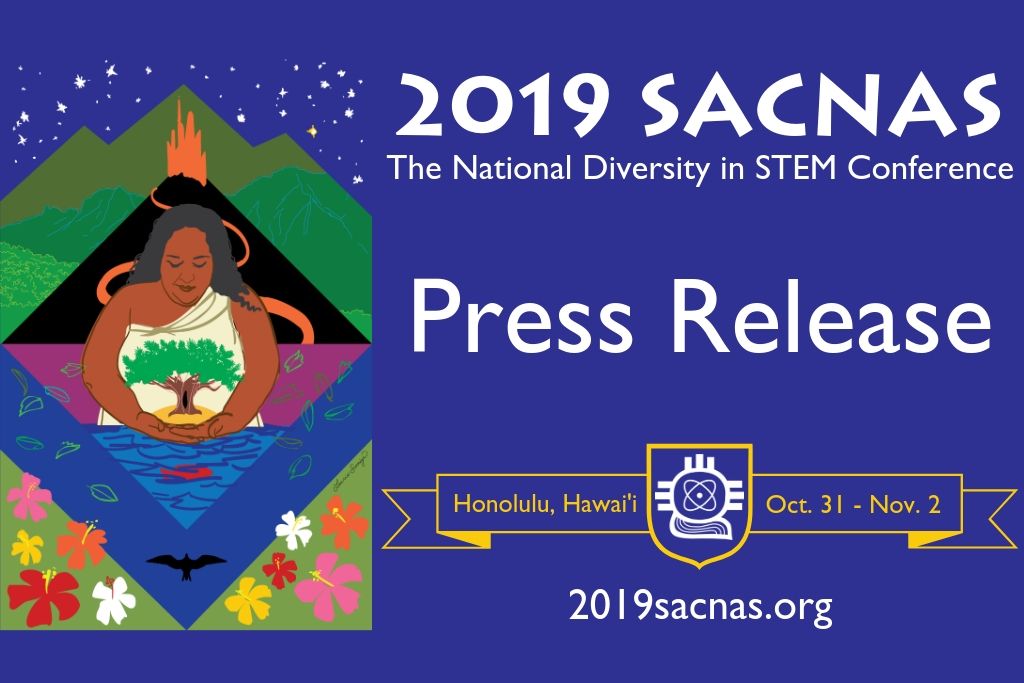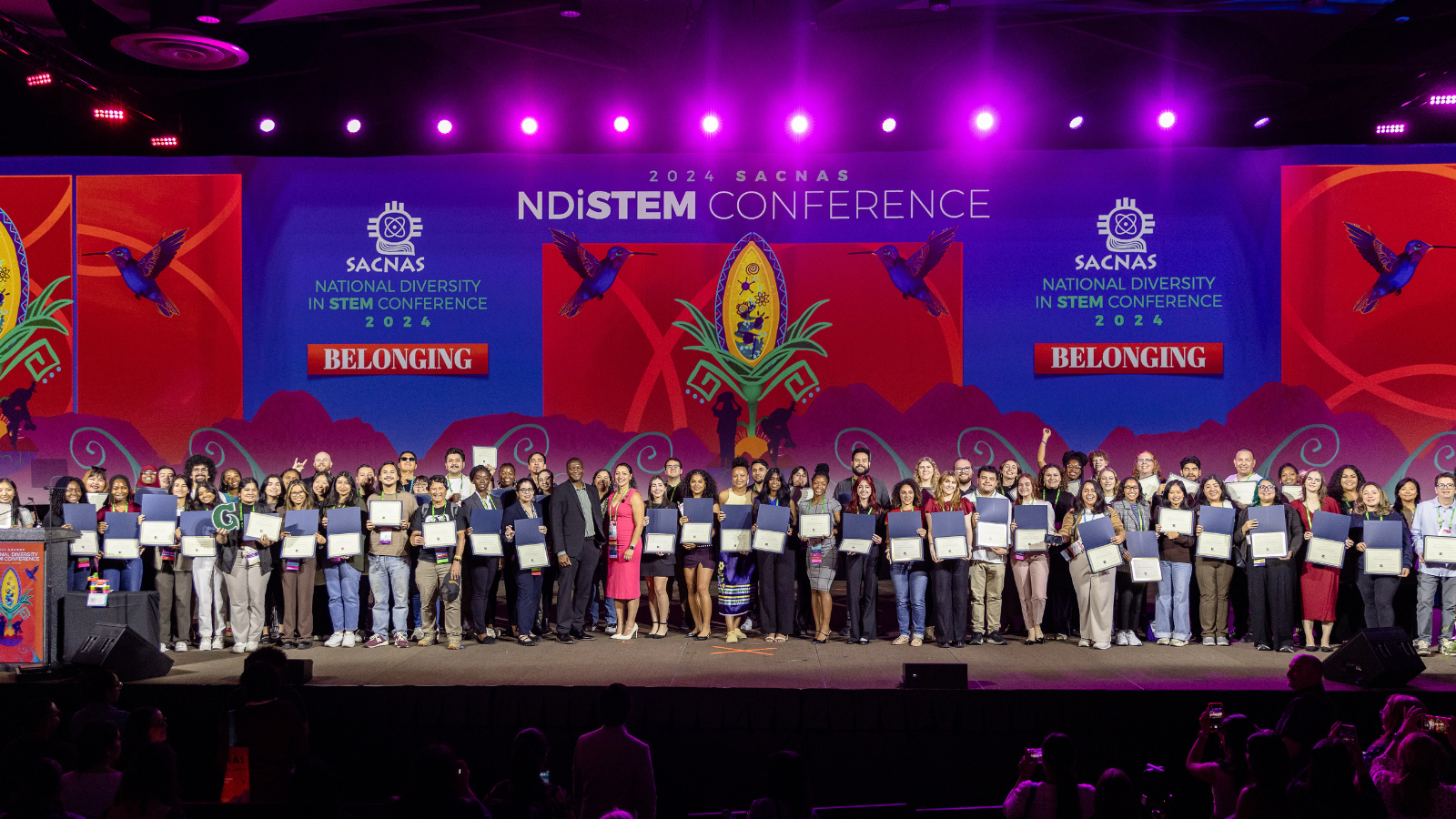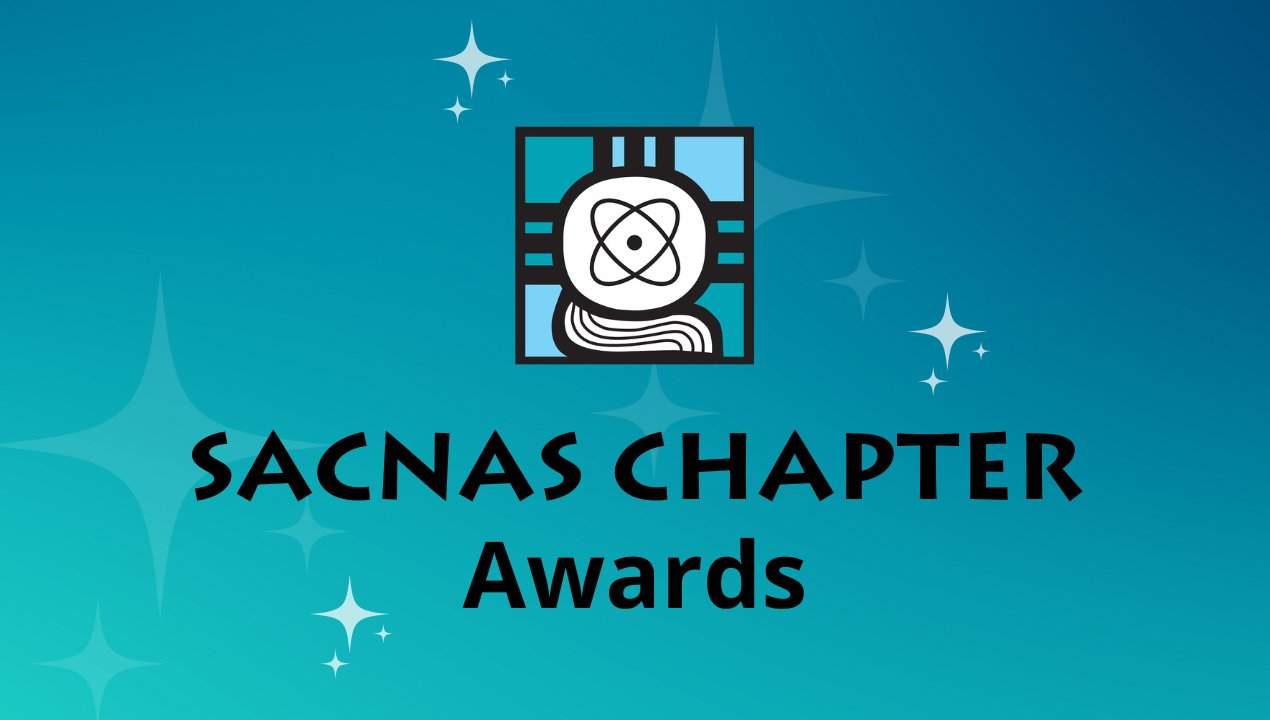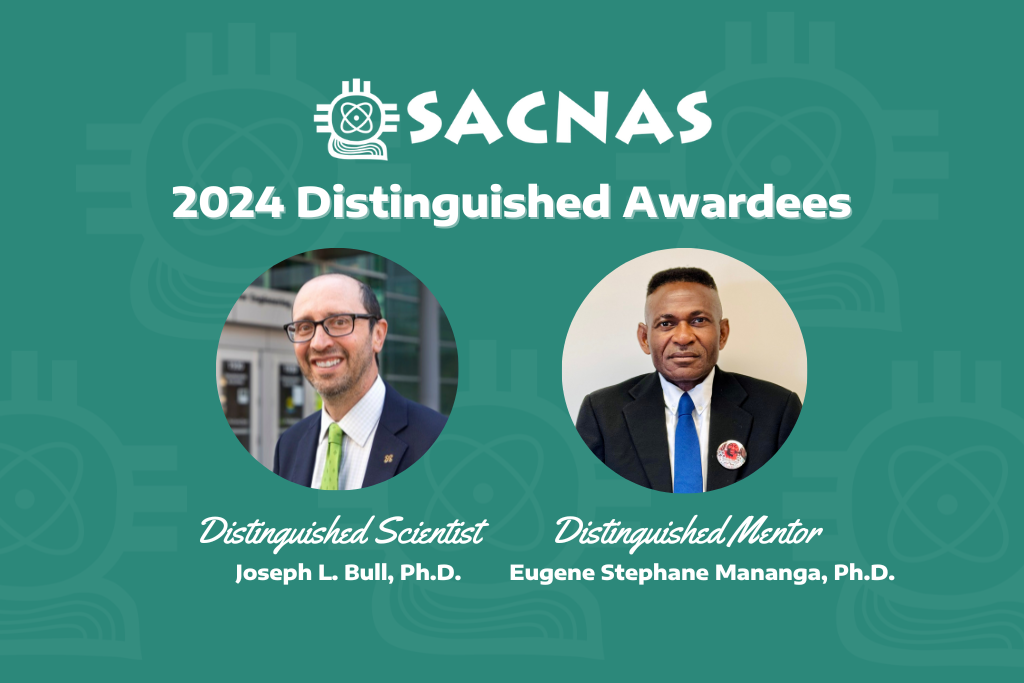The keynote address at the National Diversity in STEM Conference will be delivered by the Republic of the Marshall Islands President Hilda Heine, who will call for a united front and diverse solutions to tackle the climate crisis
HONOLULU — The largest and most diverse gathering of underrepresented minority STEM leaders, professionals, scientists, and students will converge on the Hawai’i Convention Center from October 31 to November 2, 2019 to celebrate 2019 SACNAS – National Diversity in STEM Conference. The event hosted by SACNAS– a broadly inclusive organization with a 46-year history of fostering and promoting success for underrepresented minorities in STEM– is a training ground for the next generation of diverse STEM professionals. The event aims to level the playing field for first-generation college students of color by offering critical tools for success in STEM such as mentorship, professional development, and networking opportunities.
This year’s keynote address will be delivered by the Republic of the Marshall Islands President Hilda Heine. Dr. Heine– the first head of state to address the National Diversity in STEM Conference– will issue a call to stand united and take climate action that particularly addresses the challenges of those first and worst impacted by climate change such as atoll nations and indigenous communities. Climate change research, along with indigenous knowledge, inclusion in STEM, and science communications will be featured tracks of this year’s conference with sessions led by scientists of color and Native Hawaiian and indigenous scientists across an array of STEM disciplines with a specific focus on island communities.
In addition to President Heine, the conference will feature a renowned group of STEM diversity trailblazers, including Dr. Esteban Gonzalez Burchard, Director of the University of California San Francisco Asthma Collaboratory; Dr. Pualani Kanakaʻole-Kanahele, Professor of the University of Hawai’i and the Community College System (retired) and past President of the Edith Kanakaʻole Foundation; Dr. Karletta Chief (Diné), Associate Professor and Specialist in Soil, Water, and Environmental Sciences at the University of Arizona; Dr. Cliff Kapono, Professional Surfer, Creator and Innovator, Vissla Ambassador, OluKai, and Mass Media Fellow at the American Association for the Advancement of Science (AAAS); Dr. Pamela E. Harris, Assistant Professor at Williams College; and Dr. Danielle N. Lee, Assistant Professor at Southern Illinois University Edwardsville.
Following are the biographies of SACNAS spokespersons and members available for interviews leading up and throughout out the 2019 conference. Members of the press can register for press credentials and coordinate an interview by contacting Yamila Pino at yamila@prosperolatino.com or 202-440-1432 / 202-660-1433.
SACNAS MEMBERS AVAILABLE FOR INTERVIEWS
Dr. Kamuela Yong
Dr. Yong is the first Native Hawaiian to earn a PhD in Applied Mathematics. He is currently an Assistant Professor of Mathematics at the University of Hawaii – West Oahu and is a 2018 Linton-Poodry SACNAS Leadership Institute (LPSLI) participant.
Dr. Narrissa Spies, Biologist, University of Hawaii
Dr. Spies is a Native Hawaiian biologist working in conservation of endangered species and their habitats. She has worked in a variety of Hawaiian environments including coral reef ecosystems, anchialine pools, and cloud forests. Her recent work includes characterization of a new coral species, and policy implementation involving endangered seabird populations.
Dr. Lelemia Irvine, Assistant Professor of Physics at the University of Hawaii West Oahu
Dr. Irvine is a Native Hawaiian engineer, rain farmer and advocate who grew up on the sands and village of Waiʻanae, Oʻahu nei. He is one of more than 30 sisters and brothers– first cousins in the Western sense. Lelemia loves to combine when appropriate his passions for culture and STEAMS (science, technology, engineering, arts, math, and social sciences) to better serve our communities. His life-long goal is to help our generation to leave a lasting and ‘sust-ʻāina-able’ legacy for future generations.
Heidi Kāne, STEM Diversity Coordinator, University of Hawaiʻi’s Office of STEM Education (OSE)
Heidi Kāne currently serves as the STEM Diversity Coordinator for the University of Hawaiʻi’s Office of STEM Education (OSE). Ms. Kane has over five years of experience in mentoring and advocating for underrepresented students in STEM. She also has extensive background in geoscience, climate modeling and computer programming. Ms. Kane earned a BS from the University of Hawaii and is currently pursuing a masters degree in environmental geography.
SACNAS OFFICIAL SPOKESPERSONS
Dr. Sonia Zárate, SACNAS President
Dr. Zárate has a PhD in plant molecular biology. Dr. Zárate has a long-standing commitment to diversity, equity and inclusion in STEM, both in the public and private sectors. In her current role as Program Officer at the Howard Hughes Medical Institute (HHMI), Dr. Zárate is part of the team working to catalyze institutional change through culturally responsive mentor training of fellowship advisors. Previously, she was the Director for the University of San Diego’s Office of Undergraduate Research and also served as the Associate Director for the Undergraduate Research Center-Sciences at UC Los Angeles. At both USD and UCLA, she administered undergraduate research programs, some of which were aimed at increasing diversity in the sciences.
Mr. John Winnett, SACNAS Executive Director
John Winnett currently serves as the Executive Director. Mr. Winnett has over 17 years experience as a nonprofit and political fundraiser. He also has extensive experience in government relations and strategic partnership development. Mr. Winnett earned a BA from Cumberland University. He is a first generation college graduate and truly believes in the power of education to transform lives. Mr. Winnett is based, and lives, in Washington, D.C.
Dr. Healani Chang, Research Faculty, Pacific Biosciences Research Center
School of Ocean, Earth Science, and Technology, University of Hawai‘i at Mānoa
My current involvement is year-round educational outreach activities through a partnership with the U.S. Fish & Wildlife Service to provide open access to the Kalaeloa Wildlife Refuge. It’s been an exciting experience to watch our communities assume responsibility for land stewardship and acquire skills in ‘aina (land)-based science for the protection of endemic and endangered plants and animals specific to West O‘ahu. Conservation efforts by STEM high school students, and community non-profit volunteers have significantly contributed to restoring endangered ‘ewa hinahina (Achyranthes splendens) and ‘akoko (Chamaesyce skottsbergii), while also removing acres of invasive non-native species. The community has embraced hana kupono (traditional protocol) and cultural practices as they learn about Hawaiian ecological knowledge from community experts, and engage in coastal habitat restoration of the anchialine pool ecosystem, home of the endemic Hawaiian red shrimp ‘opae‘ula (Halocaridina rubra). ‘Opae‘ula serve as indicator species of how healthy the watershed system is, from mountain ridge to ocean reefs. My previous leadership experience includes serving as director of 2 NIGMS and 1 NIDDK, NIH, minority student research training programs, and leading a Native Hawaiian population-based diabetes epidemiology project funded by the Research Centers in Minority Institutions (RCMI), NIH-NCRR. I currently serve as advisor, of the ‘Ilima SACNAS Chapter at UH. In 2015, our chapter was recognized as an Outstanding SACNAS Chapter of the Year, and I received a Distinguished SACNAS Student Mentor Award.
Dr. Patricia Silveyra, Associate Professor at the University of North Carolina at Chapel Hill, and an adjunct Professor of Pediatrics at Penn State College of Medicine
Dr. Silveyra is an Associate Professor at the University of North Carolina at Chapel Hill, and an adjunct Professor of Pediatrics at Penn State College of Medicine. Her research group studies sex specific mechanisms of lung inflammation and asthma triggered by air pollution exposure. Dr. Silveyra was born and raised in Argentina, where she received her bachelor’s and master’s degrees in Molecular Biology and Biotechnology, and her PhD in Biochemistry, from the University of Buenos Aires. She came to the United States in 2008 after being selected for an Ambassadorial Scholarship by The Rotary Foundation to pursue postdoctoral studies. She joined the faculty at Penn State College of Medicine as an Assistant Professor in 2013 and she was promoted to Associate Professor in 2018, prior to being recruited by UNC in North Carolina to direct the Biobehavioral Laboratory. Her research is currently funded by two grants from the National Heart, Lung and Blood Institute. Dr. Silveyra has received numerous awards for her research accomplishments and for her mentoring of students and women scientists. She is an advocate for underrepresented minority trainees, and she serves in various national organizations and committees at the national level, including being the SACNAS Treasurer and member of the Board of Directors.
Dr. Corey Garza, Associate Professor of Marine Science in the School of Natural Sciences at California State University, Monterey Bay (CSUMB)
Dr. Garza is an Associate Professor of Marine Science in the School of Natural Sciences at California State University, Monterey Bay (CSUMB). Prior to arriving at CSUMB he was a research ecologist with the National Oceanic and Atmospheric Administration (NOAA) Northeast Fisheries Science Center where he served as scientific liaison to the USEPA Long Island Sound Study. He has held postdoctoral positions with the USEPA Environmental Monitoring and Assessment Program, and the Center for Environmental Analysis at California State University, Los Angeles. His research interests are in the area of marine landscape ecology. He uses GIS modeling and spatial statistics to study the relationship between scale dependence, habitat complexity and patterns of species distribution and abundance in marine communities. Dr. Garza serves as the principal investigator for the Marine Landscape Ecology Lab at CSUMB and, is the campus lead for the NOAA Center for Coastal and Marine Ecosystems. He also directs the NSF funded, Monterey Bay Regional Ocean Science Research Experiences for Undergraduates Program. Dr. Garza is also active in educational outreach, particularly in advancing the participation of underrepresented groups in science.
Dr. Diana Azurdia, Director for Recruitment and Inclusion for Graduate Programs in Bioscience at the University of California, Los Angeles.
Dr. Azurdia serves as the Director for Recruitment and Inclusion for Graduate Programs in Bioscience (a consortium of seven PhD programs with over 800 students and faculty) at the University of California, Los Angeles. In this role, Dr. Azurdia leads the development and implementation of a strategic plan to enhance diversity in the biomedical graduate student population. She uses her platform as a National Research Mentoring Network (NRMN) Master Facilitator to promote inclusive mentoring practices at her home institution where she is the principal investigator of the UCLA Entering Mentoring Training Program which provides mentor and mentee training to scientists at all career stages. Additionally, Dr. Azurdia works with the Center for the Improvement of Mentored Research Experiences (CIMER) to deliver research mentor training and facilitator training nationally. She earned her Ph.D. in Molecular Biology and Biochemistry from UCLA and graduated with a B.S. in Biochemistry from CSU Los Angeles. Dr. Azurdia is a first-generation Guatemalan-American and the first in her family to attend college. As the beneficiary of broadening participation programs, she believes that initiatives that promote access to STEM degrees are important for equal representation of all identities in science, the creation of innovations that serve all communities and income equity.
Dr. Corey Welch (Northern Cheyenne), Director of the STEM Scholars Program for Underrepresented Students at Iowa State University
Dr. Welch directs the STEM Scholars Program for underrepresented students at Iowa State University, is the secretary-elect of SACNAS Board of Directors, and serves as one of 3 facilitators of the SACNAS Leadership Institute each summer. Dr. Welch is a trained mammalogist, having received a BS in Biology from Lewis & Clark College, an MA in Systematics & Ecology from the University of Kansas, and a PhD in Zoology from the University of Washington. He was a NIH-IRACDA Postdoctoral Fellow and a lecturer at Haskell Indian Nations University. Prior to establishing his program at Iowa State, Dr. Welch was the research coordinator for the Biology Scholars Program at UC Berkeley. He has committed his career toward improving the success of underrepresented students in STEM careers and pushing our academic institutions to implement the latest research on student success in the sciences.
To request media interviews, official bios, and/or headshots, please contact Yamila Pino at yamila@prosperolatino.com or at 202-660-1433.
ABOUT 2019 SACNAS – THE NATIONAL DIVERSITY IN STEM CONFERENCE
The largest multidisciplinary and multicultural STEM diversity event in the country, 2019 SACNAS – The National Diversity in STEM Conference serves to equip, empower, and energize participants for their academic and professional paths in STEM. From October 31 to November 2, 2019, college-level through professional attendees are immersed in cutting-edge scientific research and professional development sessions, motivational keynote speakers, a Graduate School & Career Expo Hall, multicultural celebrations, and an inclusive and welcoming community of peers, mentors, and role models. The conference is a training ground for the next generation of diverse STEM professionals, aiming to level the playing field for first-generation college students of color through mentorship, professional development, and networking opportunities. For more information or to register, visit www.2019sacnas.org/.
ABOUT SACNAS
For over 46 years, SACNAS has served as an inclusive organization dedicated to fostering the success of Chicano/Hispanics & Native Americans, from college students to professionals, in attaining advanced degrees, careers, and positions of leadership within STEM.
Today, the organization serves a growing community of over 20,000 supporters, 6,000+ members, and 115+ student and professional chapters throughout the United States and Puerto Rico. SACNAS influences the STEM diversity movement through STEM outreach & advocacy, promotion of STEM leaders, and The SACNAS National Diversity in STEM Conference. Learn more about SACNAS at sacnas.org, Facebook, or Twitter.



